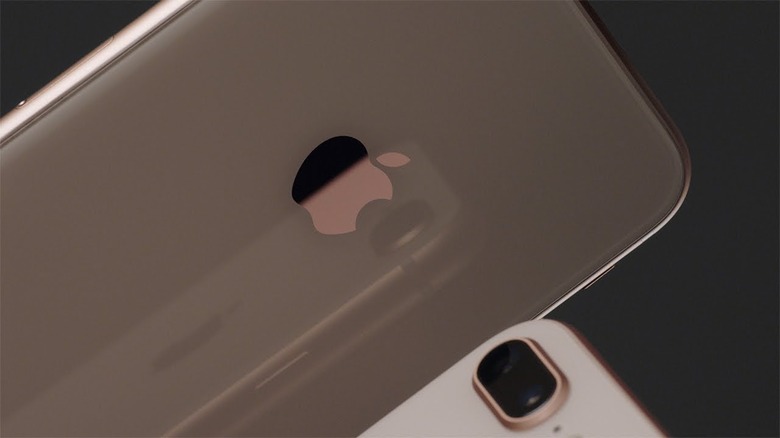Apple's Latest Attack On Qualcomm Could Be Bad News For Android Manufacturers
The Apple vs. Qualcomm legal quarrel is one of the most important conflicts in tech right now, as it might have huge ramifications for the entire mobile business in the years to come. Unless the two settle their differences out of court, it may take years until we hear final verdicts in these patent lawsuits — and these trials are bound to become even more complicated.
Apple filed a new countersuit against Qualcomm, targeting the Snapdragon chips that power some of the most important iPhone rivals out there. That's something Android device makers won't necessarily like, even though many of them already sided with Apple in its fight against Qualcomm.
According to Reuters, Apple revised its answer to Qualcomm's July lawsuit, listing accusations of its own. Apple says it owns at least eight patents related to battery life that Qualcomm's chips have violated.
The patents describe technologies that allow a certain part of a phone's processor to only draw the minimum power needed and turn off when it's not needed.
In the filing, Apple says that Qualcomm's Snapdragon 800 and 820 processors are at fault. If they seem familiar, that's because they powered many of 2015 and 2016 devices, respectively. These are the predecessors of the Snapdragon 835 chips found inside the Galaxy S8, the Galaxy Note 8, the Pixel 2, and many other smartphones.
Apple is asking for damages from Qualcomm, but an actual number has not been specified. In January, Apple sued Qualcomm asking for $1 billion in patent royalty rebates that were allegedly withheld from Apple.
